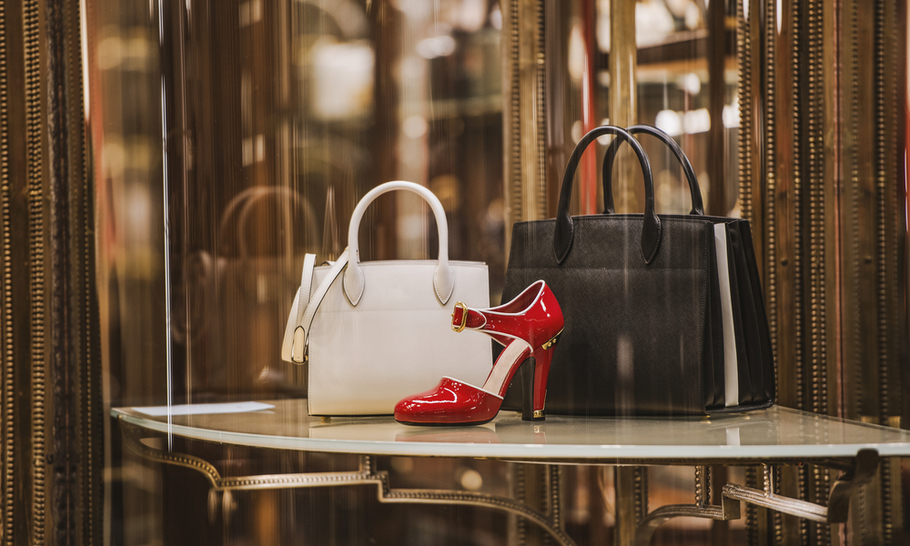Our attitudes to class and money are changing - and fast

Environment Secretary Michael Gove is just too middle class to have become pals with the Chipping Norton toffs, which, as Olivia Utley wrote here yesterday, has hindered his leadership bid in the Tory campaign . It reminds you of how relevant the topic of class remains. Remember Margaret Thatcher? For all her success she never escaped the tag of being the grocer’s daughter, as if it were a capital offence.
Former prime minister Tony Blair’s detractors chastised him for being too posh, because he went to Fettes College. Now, if Savid Javid gets elected, we also might have a PM with Pakistani parents. Kate Middleton’s mum is called “Doors to Manual” because of her past as a lower-middle-class flight attendant. We know that class still plays a significant part in the UK, and that social mobility has become less fluid. Except in period dramas, the aristocracy seems ludicrously old-fashioned and outdated, especially in London, the playground of the super-rich, where it’s money that talks.
In 2015, a report by Deutsche Bank on flight capital (money moved abroad by anxious owners) found that in the previous decade about £96bn had entered the British economy “without anyone noticing”. But does class matter to the new money who flock to the capital, and what impact will it have on us?
As the room filled up at the Christie’s auction on June 11th, it would seem none at all. The handbag auction began at noon and the room heaved with Indian, Chinese, Japanese, Arab, a smattering of Americans, no Russians, and the odd dowdy looking Brit.
Those bidding for the more than 200 handbags sat elegantly in outfits whose cost would feed a small African country for a year. And it was none of the casual chic so beloved of the Notting Hill trustifarians. These were women, and men, groomed and glamorous, wearing tens of thousands of pounds worth of clothes and furs, despite it being summer. Some looked like they were heading off to a party with their cocktail frocks, significant rocks, and glittery, stilettos sandals.
The bags fell under the hammer at astronomical prices. After the crocodile-skin, Hermes Birkin sold for £55,000 (plus VAT plus fees), and the slight American auctioneer said ‘fair warning’ and slammed her gavel down, I left. Who was selling the bags? People who need money, said the luxury advisor. My guess. Brits.
The new, very rich have a different relationship with money; they spend it. When Zamira Hajiyeva, the wife of the Azerbaijani banker blew £16m at Harrods (admittedly over ten years) we didn’t know whether to laugh or cry. Were we envious or disgusted? One million pounds on toys? Surely, not. She’s being investigated under an Unexplained Wealth Order amid allegations that she used stolen money to fund her lavish lifestyle. Her husband is in prison for £2.2 billion fraud. No wonder it’s easy for kleptocrats to spend the loot.
In the past American heiress married titled men, the current crop of recruits are endlessly more fascinating. Compare Princesses Bea and Eugenie to Meghan Markle and Amal Clooney. There is simply no contest over who has more style, more intelligence, more substance, not to mention beauty. Clooney and Markle are just stratospherically more interesting women in every possible way. Even Kate Middleton dramatically pales in comparison to the dynamism of these two.
Our attitudes have changed, as they always have done. “What our current class system turns into next very much depends on what we do, or don’t do,” writes Danny Dorling, Halford Mackinder Professor of Geography, University of Oxford. “If we continue to allow the wealthiest people in our societies to hide their wealth offshore, but still partake in our society, wealth will matter more in determining class in future. Alternatively, we could introduce a basic income, as is being experimented with in Finland, or ensure less fettered access to education, as is the case in Germany. Then the divides between us could narrow, and we might in future be valued more by what we contribute to society, not by how much we take out.”
Foreign money is everywhere. Rory Stewart took £10,000 from a Russian billionaire, all legal, all above board and declared properly, and the University of Oxford, amongst many other illustrious institutions, have accepted vast amounts of foreign currency, which keeps colleges going. As Marshall McLuhan said, we live in a ‘global village’. But it’s not ancient privilege that’s so enticing any more, but there is still a part of us that loves to satirise.
Imagine Google’s Mark Zuckerberg vying for a title. Billionaires like Bill Gates, people who have earned their money through brains and business, look differently at wealth to those who have inherited it. They have a different attitude toward risk and believe in the need to give back. Who knows what will happen, but one way or another, London’s landscape will change.





